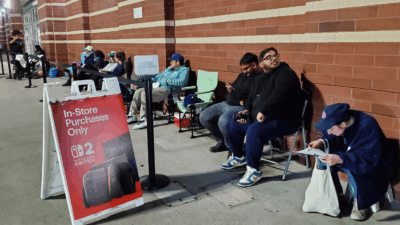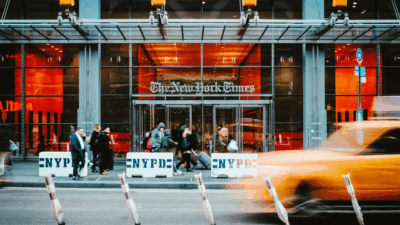News Flash: Australia’s Big Tech Policy Pays Off For Media Outlets

Sign up for smart news, insights, and analysis on the biggest financial stories of the day.
Dinosaurs didn’t survive the asteroid. Video killed the radio star. And local and legacy news media found their business models completely upended by the internet and its social media gatekeepers.
But in Australia, a law that has internet giants paying traditional media companies for access to their content has kept local news out of their own obituary pages.
Turning the Page
In the modern world of digital publishing, media outlets desperately try to create content primed for search results and social media feeds – which drive a significant amount of traffic. But in Australia, that dynamic has been flipped on its head. Passed in February last year, the first-of-its-kind law requires digital content disseminators like Facebook and Google to pay media outlets for the right to link to their content in search results and news feeds.
Since its introduction, Big Tech has struck content deals with about 30 media organizations. And, according to a new report published Thursday by Sydney-based media research group the Judith Neilson Institute, the law is already reviving an industry previously thought to be running out of ink:
- In total, Facebook and Google have paid roughly AU$200 million ($146 million) to Australian media companies to keep their content on users’ feeds, according to the report.
- Major media organizations like Rupert Murdoch’s News Corp Australia and Nine Entertainment, which owns Aussie-paper-of-record the Sydney Morning Herald, likely have AU$50 million content deals with both Facebook and Google, the report concluded; meanwhile, smaller local papers likely have annual contracts worth roughly AU$62,000.
Media Classifieds: According to the report, the new revenue sources have created at least 50 newsroom jobs in underserved markets, and entry-level journalists have more opportunities than in 20 years.
Off The Record: The law is still far from perfect. The report criticized it as “murky” and an “opaque mess,” with deal terms remaining secret, keeping some organizations from easily negotiating contracts. Sounds like the legislation would have benefited from the deliberate red pen of a newspaper editor.











